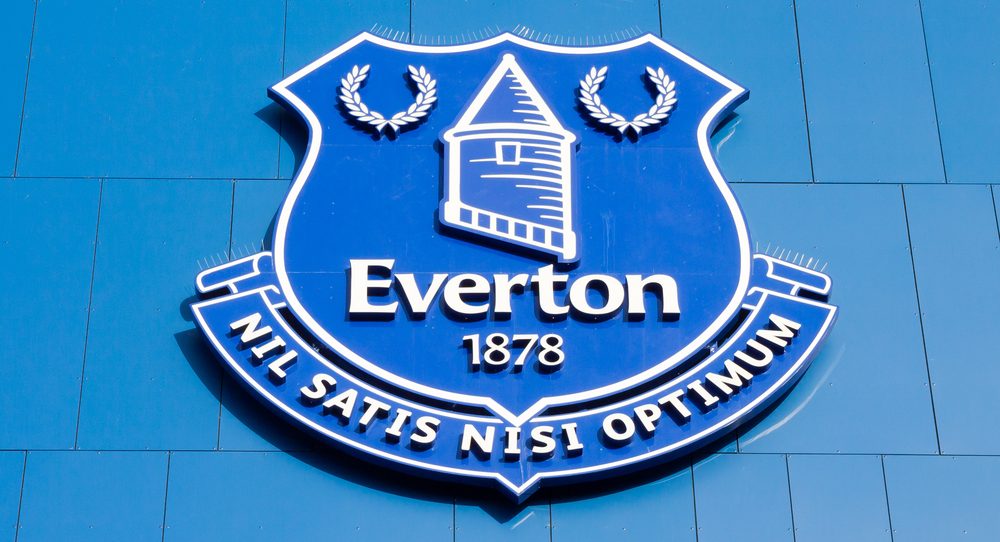This information relates only to implications for English law contracts.
The impact of the Covid-19 outbreak is affecting a wide range of sectors of the global economy. Contracting parties are increasingly looking to force majeure clauses to seek to avoid performance of contracts.
In recent weeks, we have been instructed by clients with force majeure-related contractual disputes.
We have substantial experience in this area. Previously, we have acted in a wide range of scenarios, including litigation following 9/11, and the Japan earthquake and tsunami in 2011.
We are happy to provide a preliminary consultation on a free of charge, no-obligation basis.
What is a force majeure clause?
A ‘force majeure’ clause allows for the variation or suspension of contractual obligations if things outside the parties’ control occur.
The requirement to perform all or some of the obligations in the contract is paused while the force majeure event continues, and will resume when it has finished.
In some cases, the performance of some aspects of a contract may be excused entirely. In others, the force majeure provisions may result in the termination of the agreement.
When does it apply?
Under English law, a force majeure clause cannot be implied. It needs to be expressed in the agreement.
Each force majeure clause needs to be analysed on a case-by-case basis to determine whether the current circumstances fall within its scope.
Commonly, performance of the obligations must have become impossible for force majeure to be declared. It is not enough that performance is more difficult or more expensive.
This is different from the position in a number of European jurisdictions, which only require that the force majeure event has hindered performance.
Is Covid-19 a force majeure event?
In principle, Covid-19 can qualify as a force majeure event, but whether it will provide a party with relief from its obligations will depend on the issues below.
Has Covid-19 made performance impossible?
The requirement that performance must be temporarily impossible does not fit well with the situation created by Covid-19.
Until 23 March 2020, the UK government had merely advised that certain measures be adopted (for example, avoiding travel) but it had not legislated to make it impossible for workers to leave home.
From 23 March 2020, a lockdown was imposed. It is unclear how long this lockdown will remain in force. However, even in lockdown, it may be technically possible (albeit expensive and difficult) for contracts to be performed.
So, businesses may face a situation where performance is practically or economically difficult but not impossible.
Each situation will need to be judged on its own merits to establish if the Covid-19 restrictions have sufficiently prevented performance, so as to be declared a force majeure event.
It is critical to obtain legal advice before notifying the occurrence of a force majeure event to avoid unintended consequences.
Force Majeure – an excuse for non-performance?
There is a risk that a business unable to perform its obligations regardless of Covid-19 may seek to use Covid-19 as an excuse to walk away from a contract.
To prevent opportunistic claims, it is required that the event said to be a force majeure event should be the only cause of failure to perform.
Some businesses receiving notice that a force majeure event has occurred may suspect that their counterparty is using the circumstances to obtain an illegitimate benefit.
Parties should seek legal advice on the specific contractual position before responding to such a notification. This will ensure that they are in the most advantageous positioning in case of any dispute.
If you require immediate assistance from our teams, please contact us by phone (contact us) or alternatively email your request for assistance by submitting this form.
-
Existing disputes
-
Contractual issues
-
Financing issues
-
Employment issues
Webinar recording: Force majeure – litigation in the wake of Covid-19
In this webinar, Sean Upson, Mo Bhaskaran and Lucy Ward used their experience relating to force majeure clauses following the California energy crisis, the Japan earthquake and tsunami in 2011 and in the wake of 9/11 terrorist attacks, to cover: What is force majeure and frustration?; Considerations when applying force majeure to the current UK situation; What events would a force majeure clause cover?; The requirements to consider when a force majeure clause is used; and The burden of proof when invoking force majeure.

Meet our specialist Covid-19 team
We have assembled a specialist team who have the experience and expertise to help with all the legal issues emerging out of the Covid-19 crisis, you can meet them here…

Commercial Litigation expertise
We act in some of the most high-profile and groundbreaking commercial litigation cases in the UK.
Our clients include FTSE 100 companies, Fortune 500 and other international corporations, as well as institutional investors, foreign governments, public bodies and individuals.
We are conflict free, enabling us to act for our clients against global banks and multinationals in high-value and complex disputes. Many of our cases are groundbreaking and involve the application of new and developing areas of the law.
Our lawyers have unrivalled experience in putting together innovative costs arrangements. The use of third party funding, after-the-event insurance and risk-sharing fee agreements enables our clients to manage risk and litigate from a position of financial strength.
Our team of more than 50 lawyers has the depth and expertise to conduct heavyweight litigation. All our partners have experience in coordinating proceedings in multiple jurisdictions. We have strategic alliances with handpicked law firms around the world to enable our clients to take a cross-border approach to litigation.
-
Commercial Litigation
-
Related expertise
"I found them to be first class. Their knowledge is excellent"
""
"Experienced, innovative, knowledgeable, responsive, energetic, committed and cutting edge"
Chambers and The Legal 500









